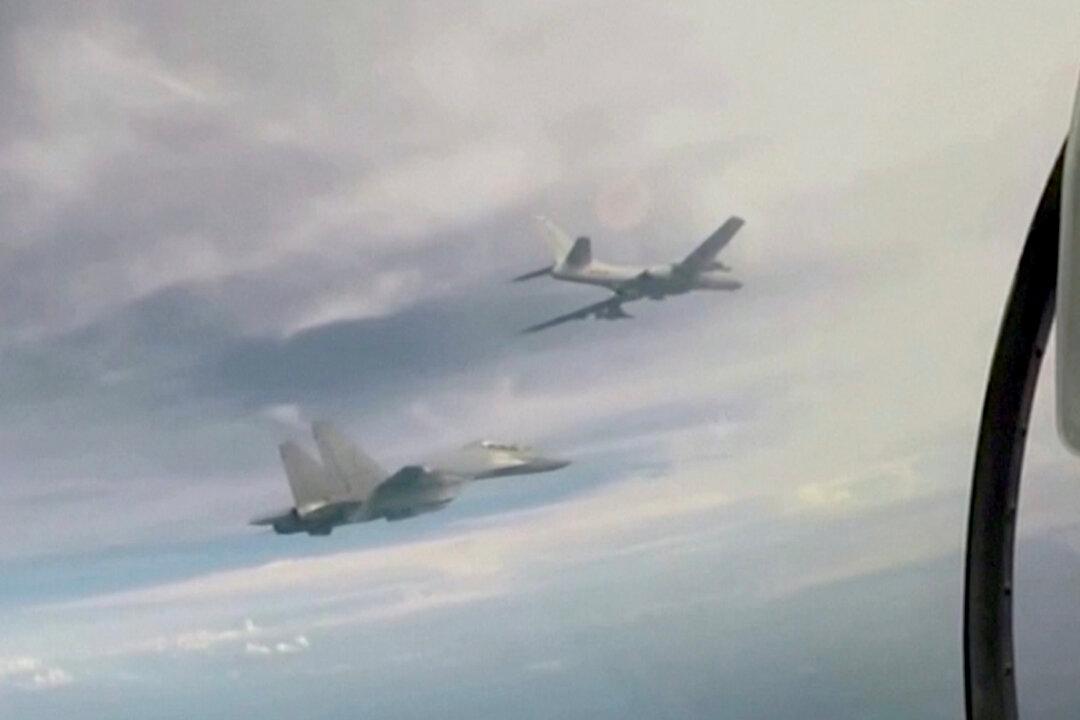Recently, the U.S. Embassy and Consulates in China (Embassy) tweeted a series of comments stressing the need to follow the conventions in the Indo-Pacific region. The Taiwan Strait separates Taiwan from China and the median line (the midway point between Taiwan and the mainland) has been respected for many years despite China not officially recognizing it.
The tweets came after the Chinese regime launched large-scale military exercises in the Taiwan Strait, with ships crossing the median line numerous times, fired missiles into Japan’s exclusive economic zone, and imposed sanctions on Pelosi and some Taiwanese politicians, with the excuse that U.S. House Speaker Nancy Pelosi (D-Calif.) visited Taiwan despite Beijing’s warning not to.




